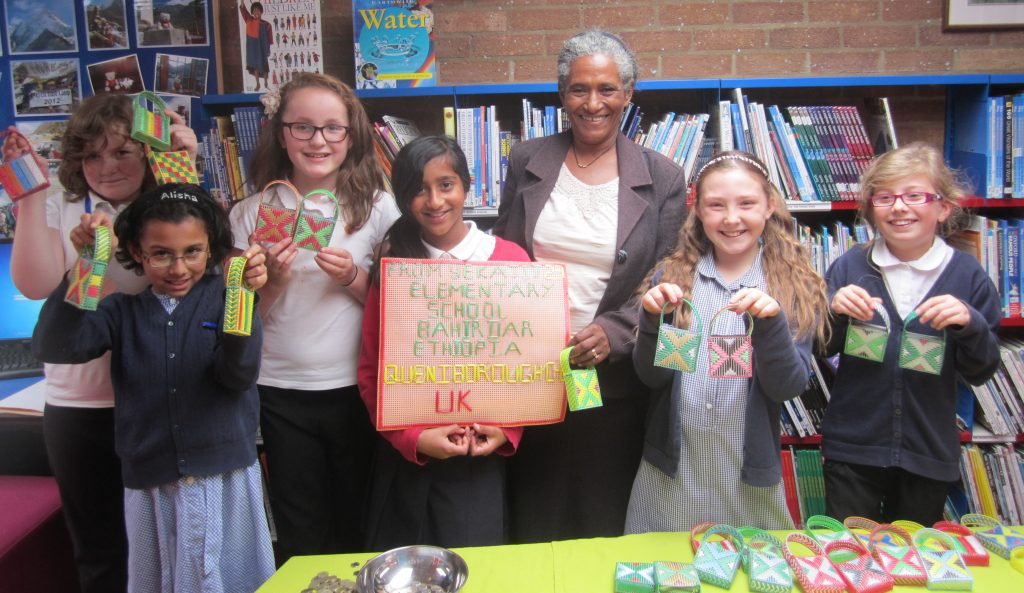Written by Cecilia
“Seven Billion Dreams. One Planet. Consume with care.” Care for the earth, became an agent for change!
The main message of this year’s World Environment Day 2015 is improving people’s lives without increasing environmental degradation and without compromising the resource needs of future generations. This message fits in the broader conception according to which damaging and unreasonably exploiting our shared planet is not a necessary condition for human prosperity. Today is an occasion to increase people’s awareness about our shared planet’s condition and to encourage positive action around the world – from London to Gondar and beyond!
The theme of this year is “Seven Billion Dreams. One Planet. Consume with care”. World Environment Day is an occasion to reflect on the reality we live in: many of the earth’s ecosystems have reached a critical point of depletion, with people consuming more than our planet can sustainably provide. The well-being of humanity – especially of future generations – is at risk. Today is a call for action: everyone can work together to safeguard the planet. Today, the world’s population should be encouraged to take an action and learn to respect the planet’s resource limits, because this is the only way to ensure our and future generation’s well-being, in a world where all “our dreams can be realised”.

Link Ethiopia actively participates in this global call for positive environmental action. We have a collection of school resources dedicated to learning about climate change and the environment. The topics are related to the investigation of the realities of climate change with a special focus on Ethiopia; the exploration of the impact of climate change on Ethiopia and what we can do to help stop it; and an activity to exchange learning and work about your school’s local environment with a partner school in Ethiopia. You can find the resources for these at the following links. And if you don’t already have a Link partner in Ethiopia, you can find out more here
We also want to take this opportunity to highlight one of our projects which embodies the message of World Environment Day. Our solar panel-powered IT room in the Tokuma School in Southern Ethiopia achieved the twofold aim of improving the IT facilities at a remote, rural school as well as promoting a better understanding of sustainable development and making use of a sustainable source of energy! Solar panel electricity systems capture the sun’s energy using photovoltaic cells, which convert sunlight into electricity and can be used to run household appliances and lighting. For Tokuma Primary School, where there is no connection to the Ethiopian electricity grid it means a reliable source of electricity (albeit on a small-scale) and helps reduce the global carbon footprint! This project was in partnership with BFSS (The British Foreign School Society), and has fostered an ongoing relationship between Link Ethiopia and the community in Tokuma.
The school now has access to green, clean, sustainable energy and which lets their students (and teachers) learn with and use the laptop computers which we also donated as part of the project. The school was also connected to the internet for the first time – huge advantadge in today’s increasingly networked world. The solar panel project has met few important issues in one go: living sustainably, providing the school with laptops that will enhance children creativity and foster Tokuma children’s communication possibilities by connecting them with the rest of the world. If that’s not sustainable development, I don’t know what is!